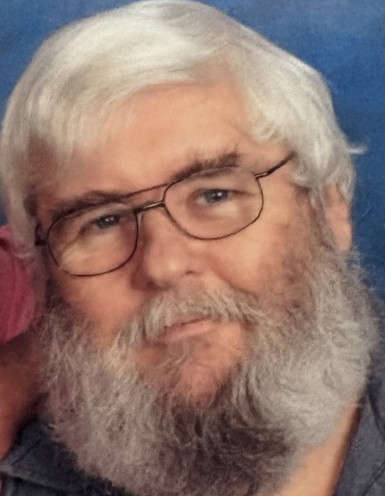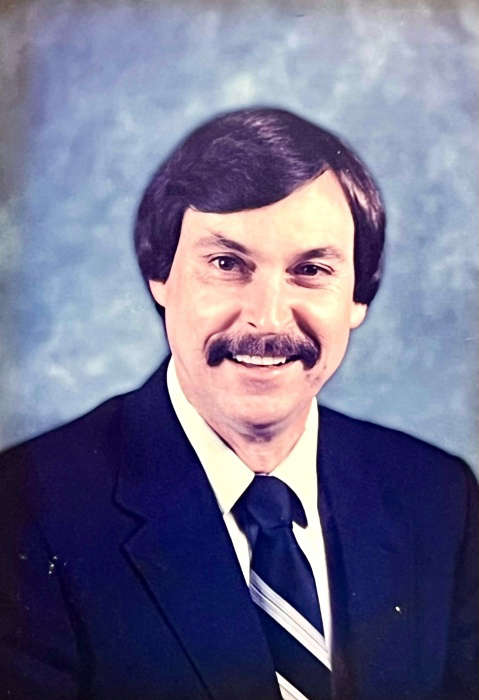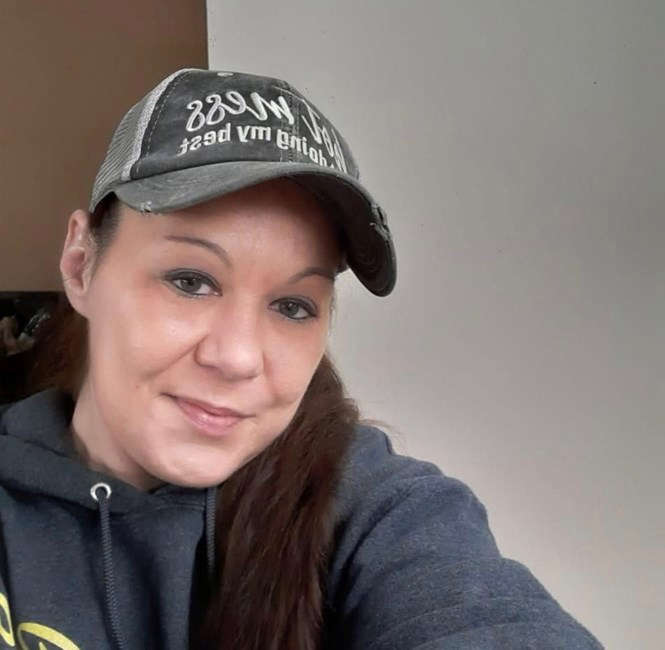
A dire situation.
That is what Putnam County Highway Engineer Jim Peck said he presented to the Putnam County Commissioners during a work session Monday morning.
And, he came armed with handouts, a map, a plan for maintenance for bridge work in the future and a constant theme of how the bridges in Putnam County need an overhaul, prompting a serious discussion about how to fund all the bridge work. The commissioners took no action and took everything in as discussion during the roughly 45 minute discussion. With that said, it didn't take long for commissioners to take notice of how expensive it is to maintain and fix multiple bridge issues across the county. That prompted a long discussion about how to pay for repairs, including tax increases.
"It's going to cost over a million dollars to replace that bridge," Commissioner David Berry said in regards to replacing Bridge 78.
Peck said bridges 86, 78, 54, 62, 105, 112, 109, 157, 124, 122, 123, 156, 175, 167, 183 and 189 are the ones that are in dire need that both the South Putnam and North Putnam school districts have asked to be fixed.
Bridges 86, 78, 54 and 62 are north of Greencastle, while the others are south of Greencastle, with the bulk being in the southwestern portion of the county.
"We only have like $200 thousand for future bridge projects," Peck said.
Commissioner Rick Woodall said there is $900 thousand in the bridge cumulative fund, but some of that money has to be used for salaries, payments and other things. He asked Peck what other revenue streams were out there that could be looked at.
"We have $200 thousand for future bridge and $100 thousand for culverts," Peck said.
Peck said if the wheel tax was taken all the way up to 100 percent that would generate an additional $1.4 million in funds. In addition, Peck said the other thing he could think of was a referendum, where the voters are told how much is needed for bridges and they would decide on the ballot if they wanted to back it similar to what several school districts have tried to do.
"And, the last thing is bonds," Woodall said.
The maximum for a bond is $2 million, but Berry asked if there was a max to the number of bonds the county could have at one time.
"As long as our finances are good to pay it back. If we bond it, we have two options. Either we make the payments ourselves or the tax payers pay it. This is where the slippery slope gets slippier. Our county has been crazy, fiscally conservative and not spent any money in the last 10. 15 to 20 years and it has bit us in the butt. We have a sheriff who is going to be screaming for a new jail because it's maxed out and is 30 years old. We have $3 million bridges every year to fix. We have a courthouse that is crumbling so we need a $15 million annex. We have to pay for an annex, all these bridges and we have to pay for a jail renovation or expansion sometime," Woodall said.
Peck also noted community crossings matching grant funds could be used for bridges, and that was immediately shot down by Woodall and Berry, who said those funds need to be used for roads.
"We could go half and half roads and bridges," Peck said.
Berry responded by saying, "You know what you get when you go half on something. You get half..."
Peck responded to that response by reminding the commissioners of the condition between the two.
"Well, okay. Our roads are pretty good, but our bridges are really crap," Peck said.
Woodall asked how did he come up with the notion the roads were pretty good.
"The other thing is we have 220 bridges. The question is do we look at what bridges we start closing permanently and get it down to something more manageable," Peck said.
Woodall expressed frustration that none of the County Council members who had attended the prior Commissioners meeting stayed for the road work session, noting "they are the ones who control the purse strings."
"We've talked to them more than once about it," Woodall said of entertaining thoughts of raising the wheel tax.
Woodall figured that with the 13 bridges in need, the county would need an average of $3 million per year to fix and maintain them.
"If we max the wheel tax out, which is $1.4 million that we can use for bridges and we have $200 thousand in cumulative bridge. If you do an average each year, we need $3.5 million per year for funding. If council maxes the wheel tax, which we've got verbally them saying yes, but as I know, they verbally say yes for a long time, so we will force them to make a vote on it. That gives us $1.6 million per year available funding next year, which leaves us $1.9 million a year we are short. There are a couple different ways to do that. If we start with a rolling bond that is always open and a tax on the citizens, us included. We need $1.9 million every year. To me, that is the only way you fund this. We have been fiscally conservative and not done anything and now it is time to pay," Woodall said.


 Taste of the Fair lineup announced for Indiana State Fair
Taste of the Fair lineup announced for Indiana State Fair
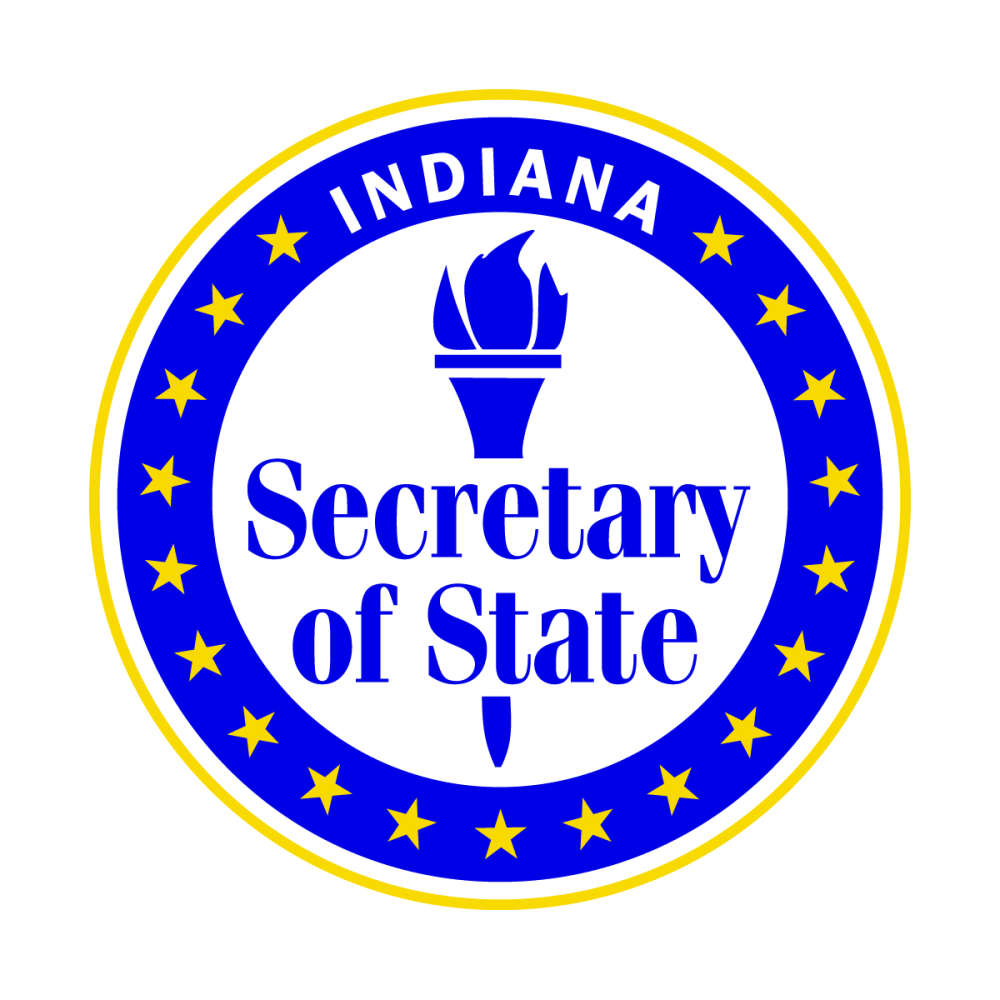 Indiana Secretary of State to use federal tool to verify citizenship of voters
Indiana Secretary of State to use federal tool to verify citizenship of voters
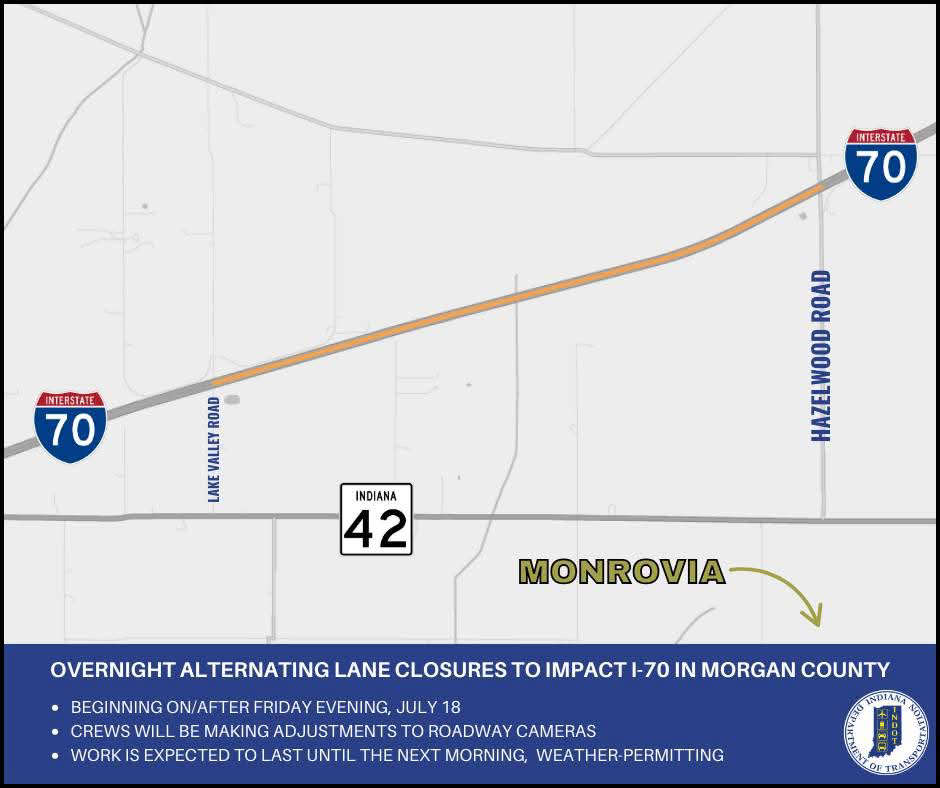 Overnight alternating lane closures to impact I-70 in Morgan County
Overnight alternating lane closures to impact I-70 in Morgan County
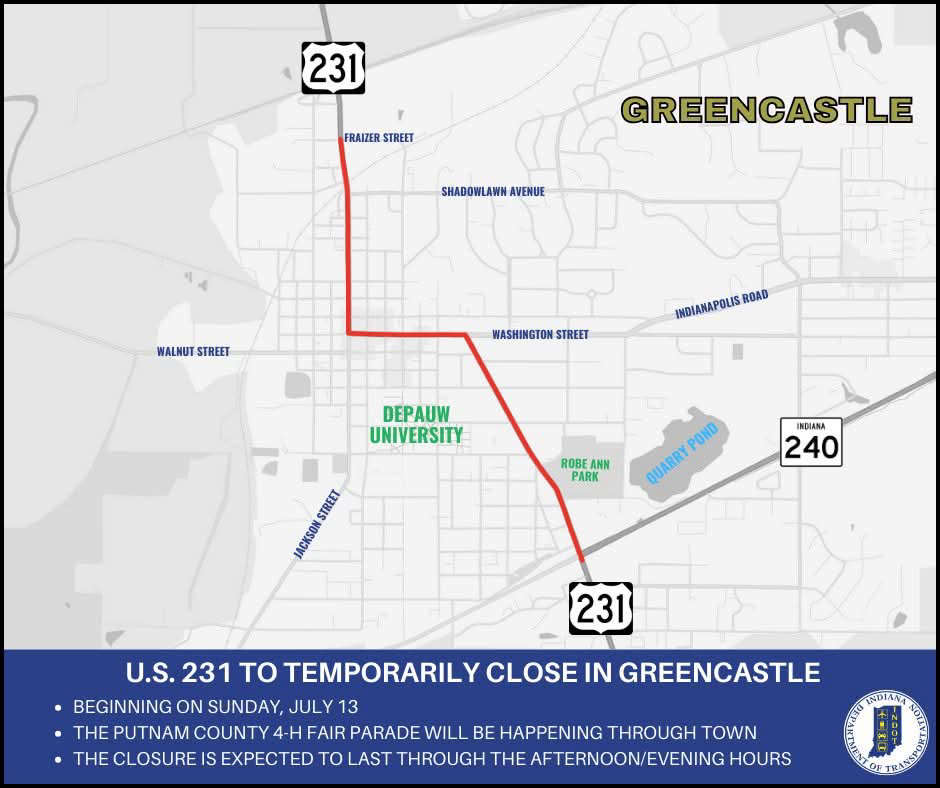 U.S. 231 closure Sunday to impact Greencastle for Putnam County 4-H Parade
U.S. 231 closure Sunday to impact Greencastle for Putnam County 4-H Parade
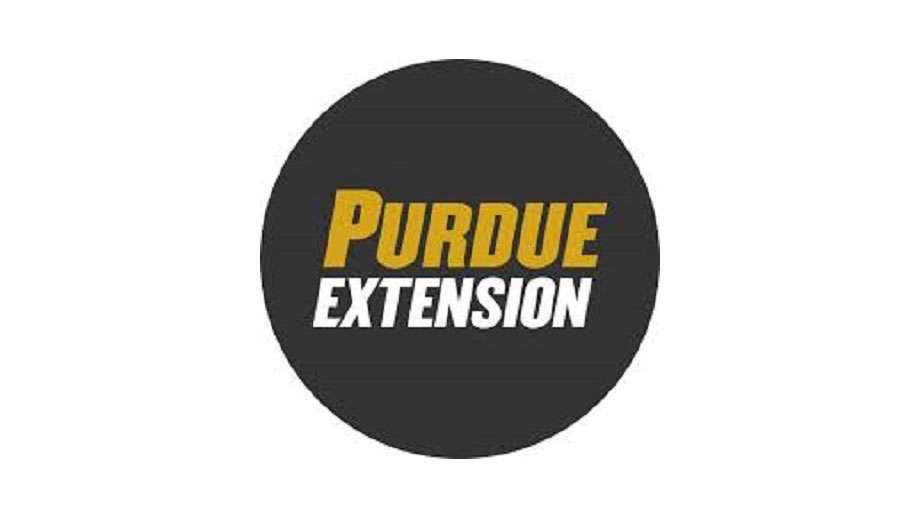 Garden produce
Garden produce
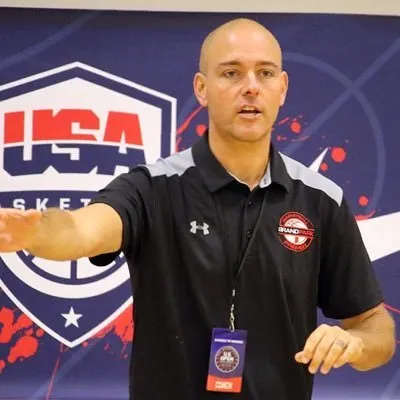 North Putnam’s Brooks named coach of new Crawfordsville Commanders team
North Putnam’s Brooks named coach of new Crawfordsville Commanders team
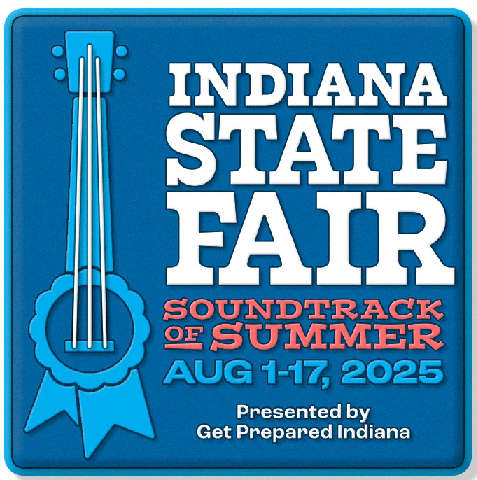 What’s new at the 2025 Indiana State Fair
What’s new at the 2025 Indiana State Fair
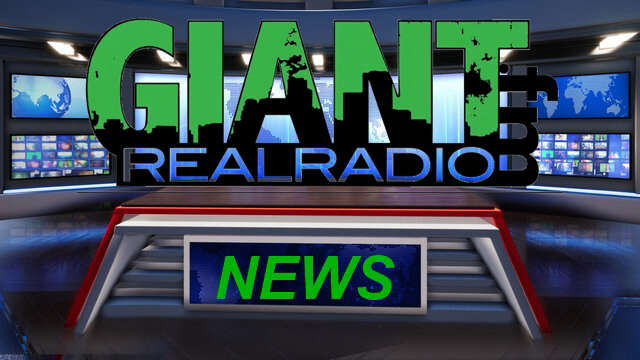 Measles case confirmed in Putnam County
Measles case confirmed in Putnam County


